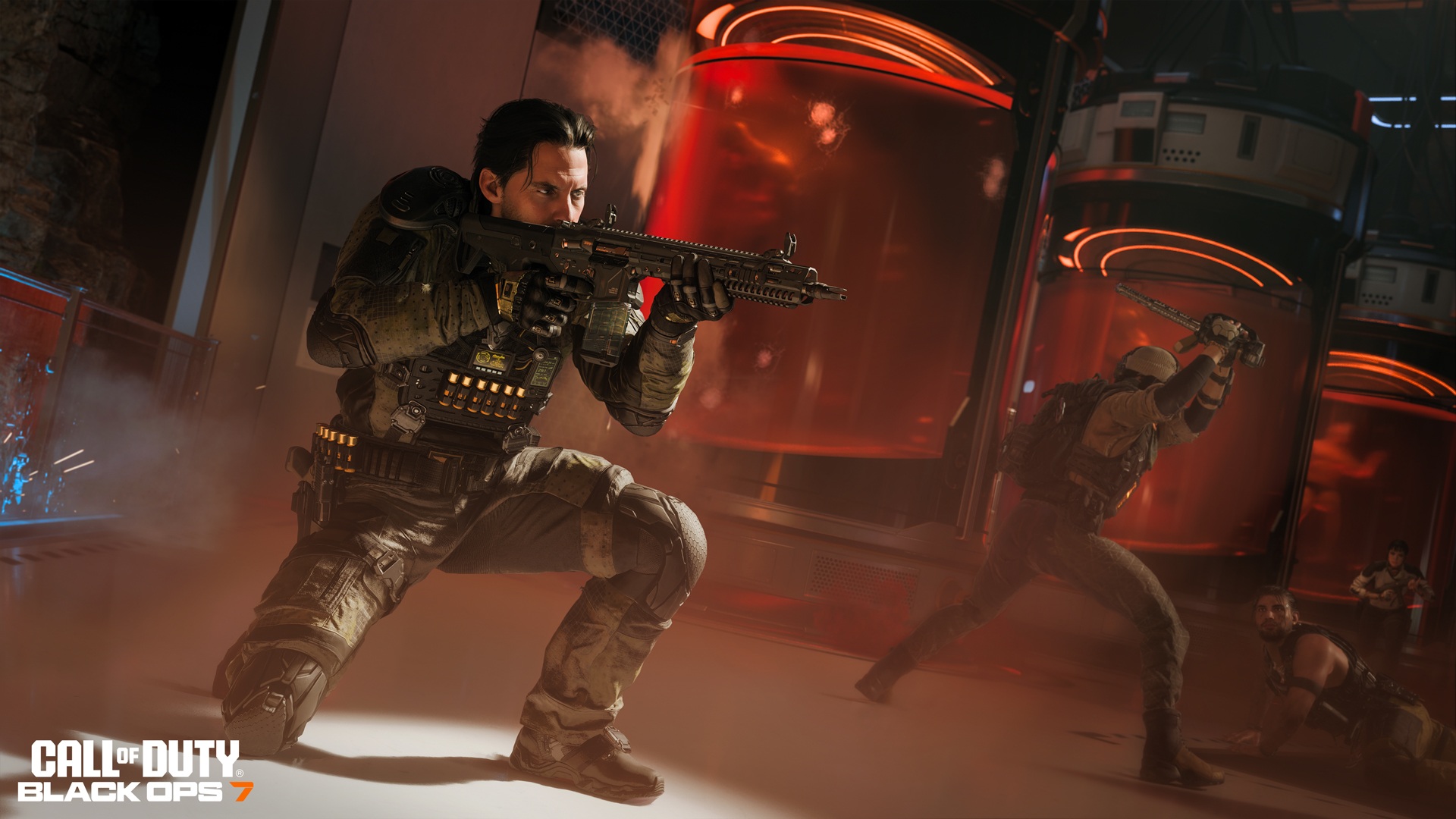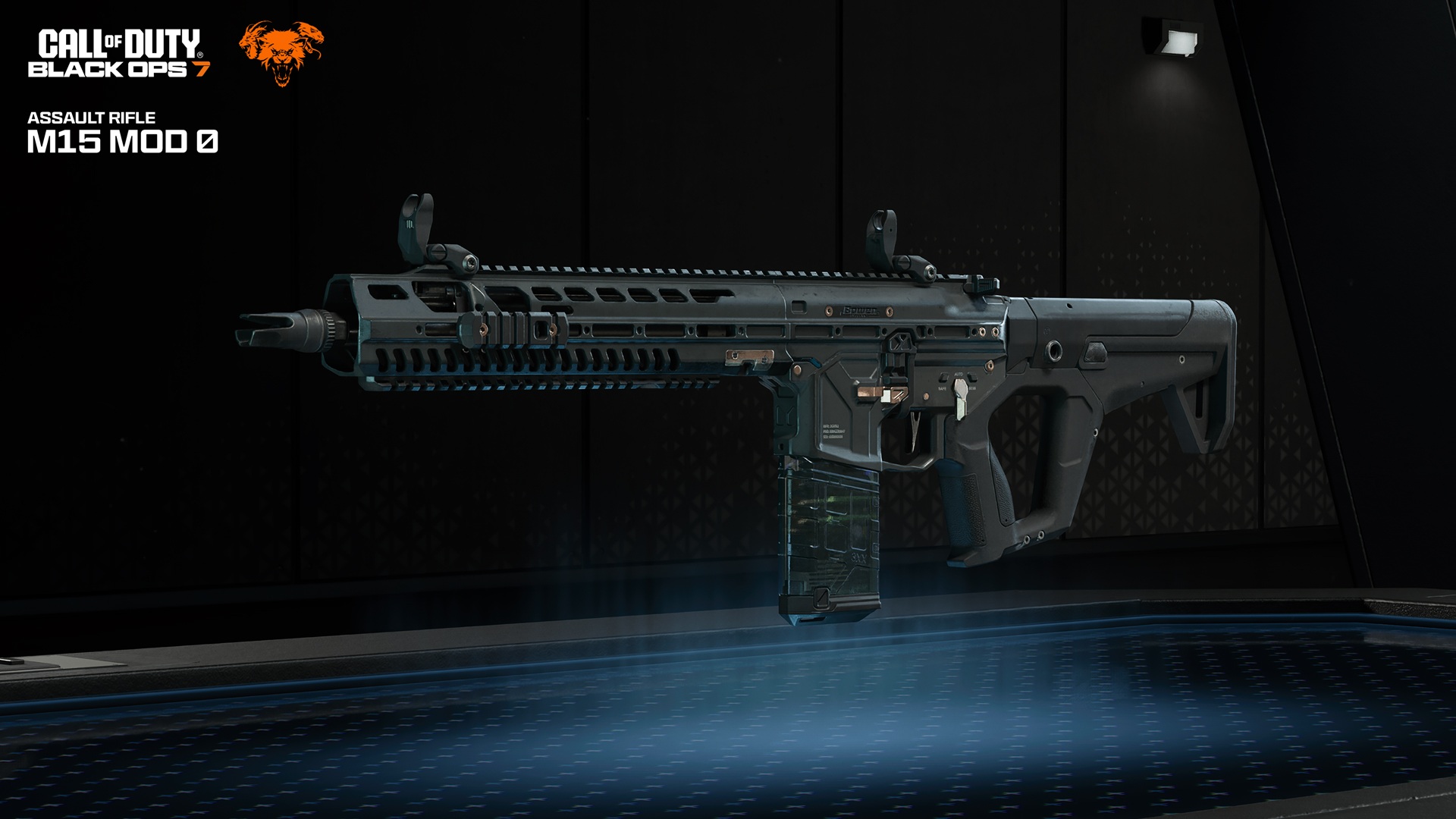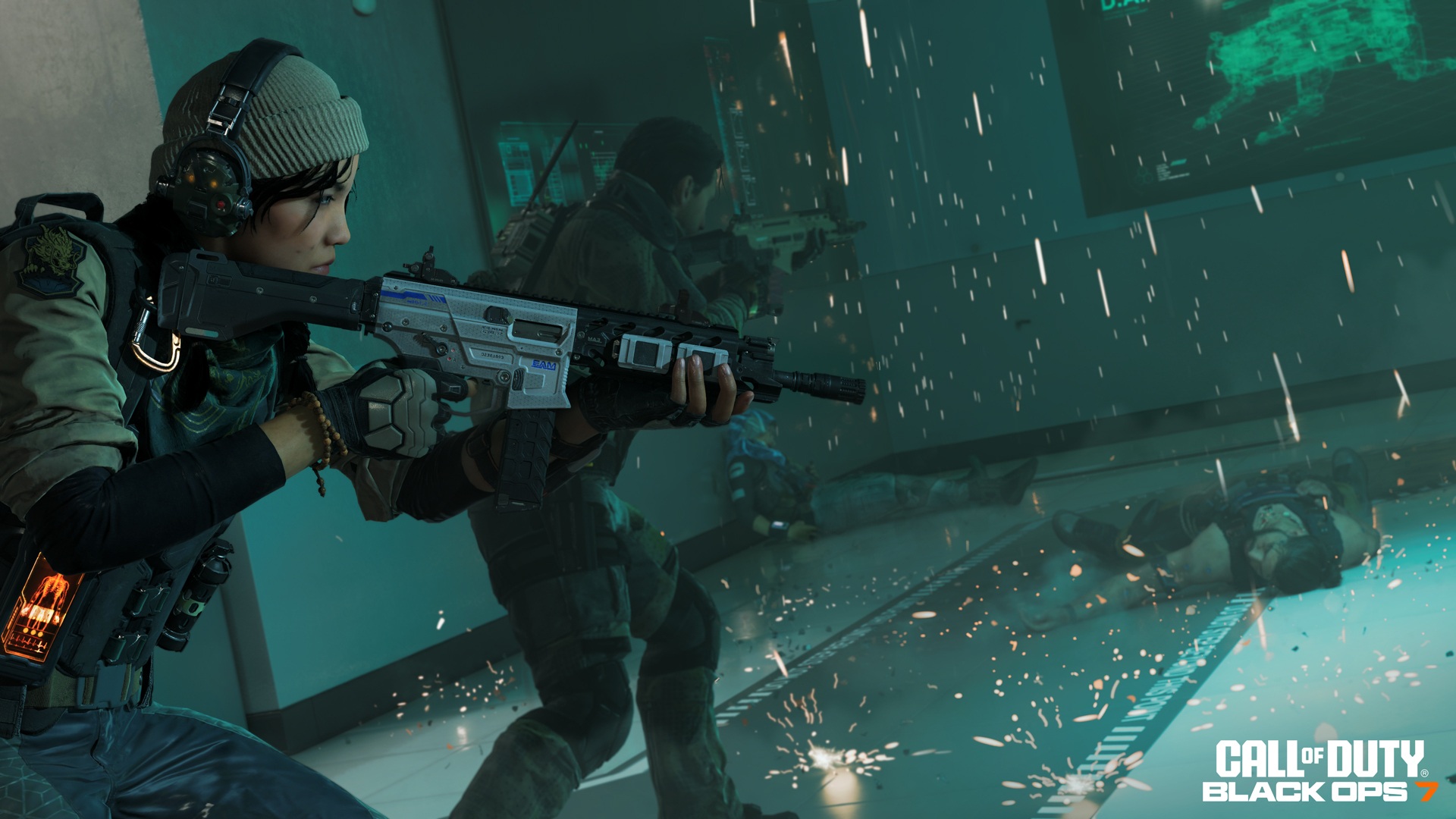Here’s how to fix the Black Ops 7 error code 0xc0000005(0) N, with critical considerations for RAM stability and underlying system issues.
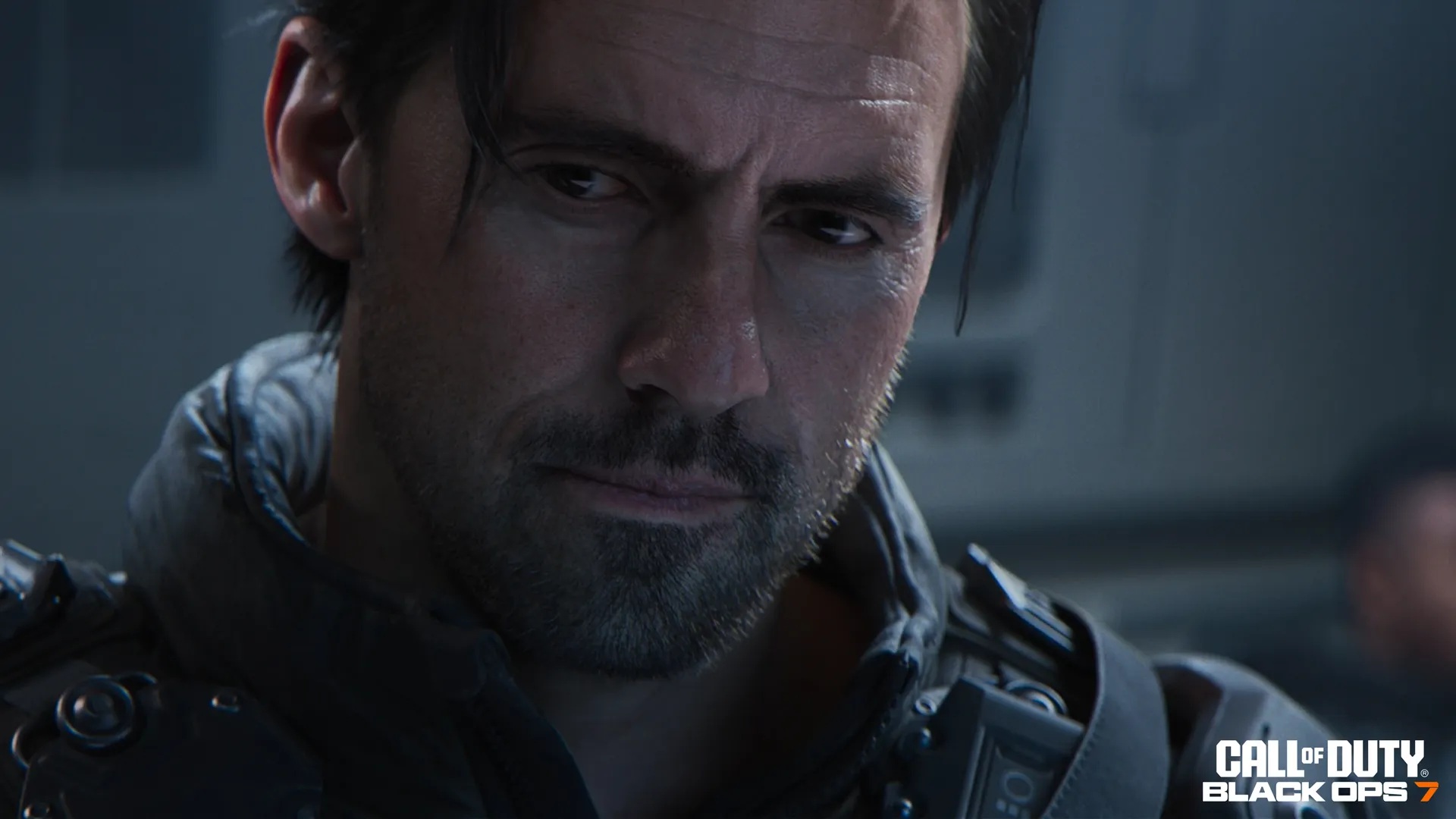
Error Codes like 0xc0000005 (0) in Black Ops 7 are commonly associated with memory subsystem-related issues. This is clearly due to active system instability while you are playing them. If this error occurs after you see artifacts on your screen, then it’s entirely the GPU’s fault.
However, if you are playing the game and it freezes, the mouse cursor keeps spinning, and then displays this error message, the issue gets pretty complicated. Below, we will attempt to identify the root cause and explore possible solutions to diagnose the problem.
Note: These fixes are not official and may not work for everyone. Repairing the game runtime does not fix this problem, nor does reinstalling the game.
Read More: Black Ops 7 Beta: Best Audio Settings
Understanding the 0xc0000005 Error in Black Ops 7
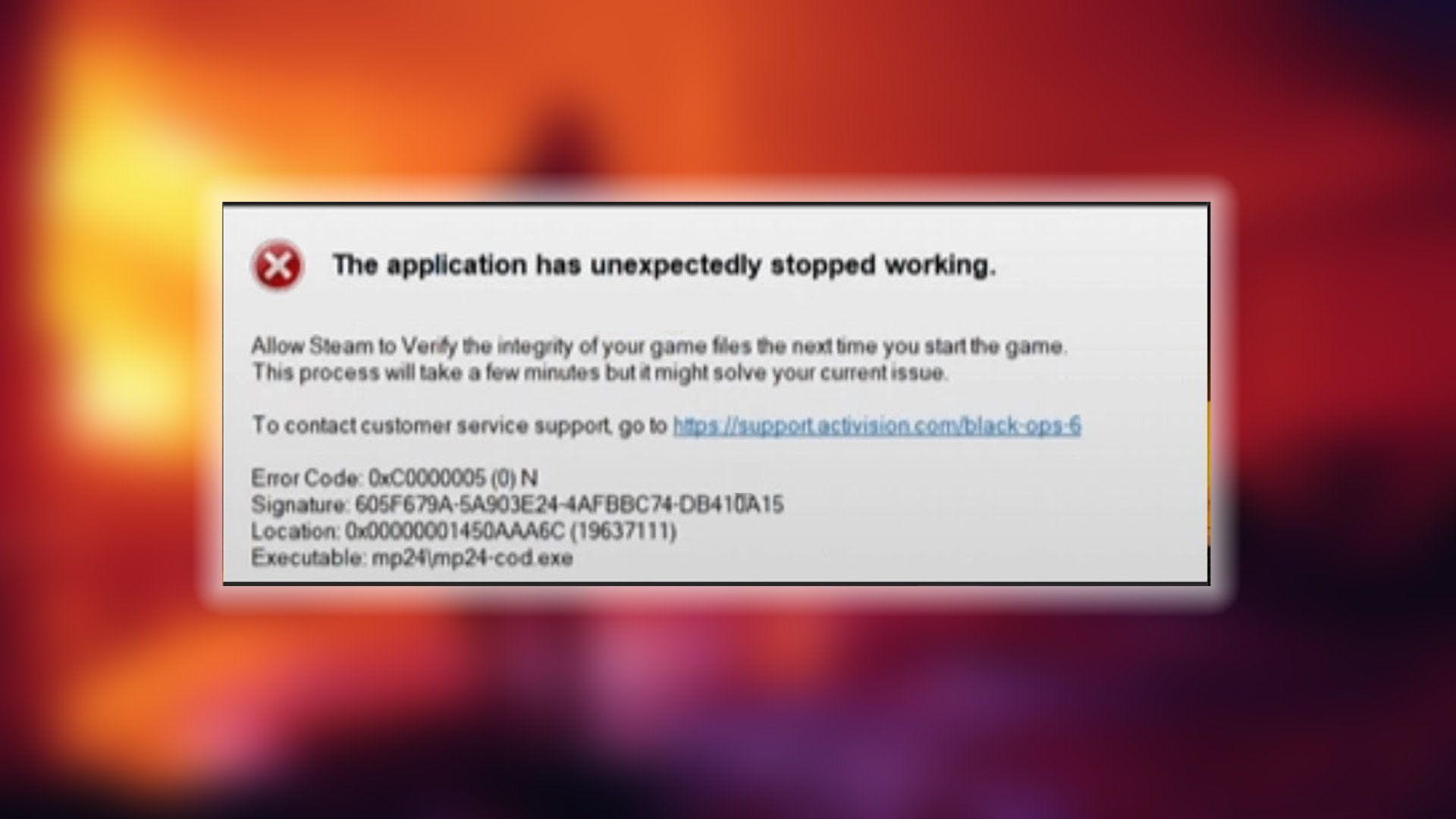
The CPU’s Memory Management Unit (MMU) is susceptible to your DRAM timings. If you are using high-speed EXPO/XMP RAM kits and your CPU’s IMC doesn’t support them, or if your motherboard’s signal integrity capability cannot handle such speeds, you will encounter issues like this.
While basic Windows tasks may perform seamlessly, Black Ops 7 is an extremely CPU-intensive load. The game requires continuous communication with the CPU via the memory controller to transfer game logic, prepare frames for the GPU, and perform other tasks. On either DDR4 or DDR5 platforms, if instability occurs within the RAM kit, the motherboard, or the CPU’s IMC (Integrated Memory Controller), the game will crash.
Exploring Possible Fixes for the 0xc0000005 Error
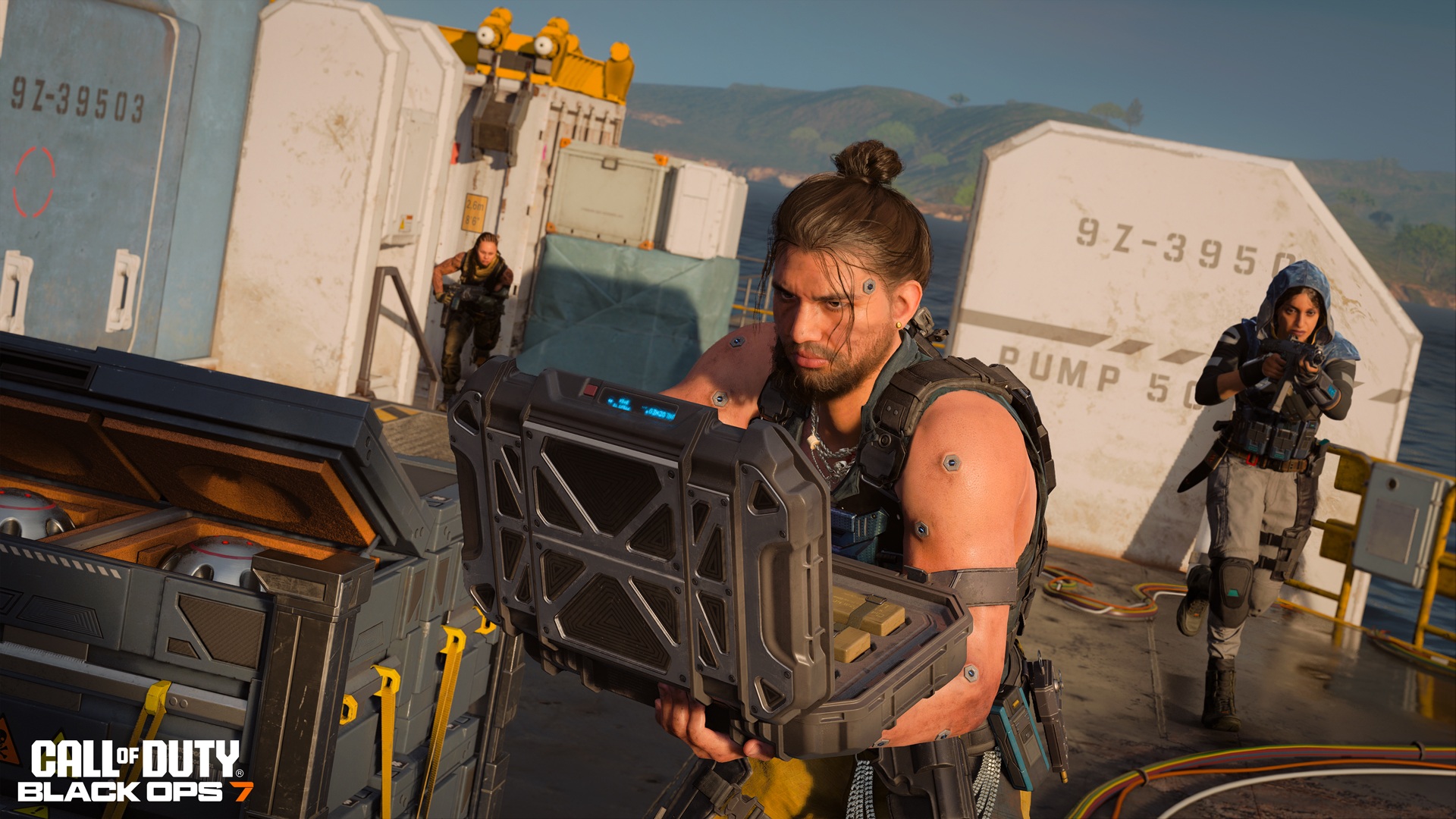
The first step is to enter the BIOS. Check whether you are running XMP or EXPO, then turn it off. Set your RAM to run at default JEDEC speeds, save the settings, and then boot the game. If the errors disappear, the problem is solved; your CPU’s memory controller simply can’t handle the overclocked profile.
If issues still exist, follow the steps below:
Note: Be aware of the state of your PSU. If you are using overclocked RAM, such as XMP or EXPO, this forces higher System Agent voltage, alongside higher CPU SOC voltage, which draws more power from the EPS 12V socket. In short, if your PSU is faulty, memory issues could also arise.
1. Memory Testing and Diagnosing
At this point, you need to check if the RAM itself is faulty. Download TestMem5 with a popular configuration, such as the “extreme@anta777” profile. This is a user-created configuration that is pretty accurate in identifying memory errors. Run the program with administrator privileges, load the config, and let it run for at least three complete cycles. If an error occurs while testing at JEDEC settings, the hardware is unstable. Return the kits for an RMA if they are still under warranty.
If the TestMem5 tests pass at JEDEC speeds with no errors, this confirms that your RAM modules are functioning properly. The problem then lies in the interaction between components under heavy load. Potentially pointing towards the motherboard and its DRAM VRM phases. Keep in mind, day-to-day tasks won’t cause issues, as they do not require as much power, voltage, or bandwidth as a CPU-intensive game like Black Ops 7 does.
To conclude, you need to download the OCCT benchmark suite. It’s an all-in-one tool that can simultaneously stress-test the CPU, GPU, and RAM, or isolate each component for greater clarity and analysis. That said, run its memory test first. If that passes, run the full system stability test. OCCT does a fantastic job of identifying which specific component is producing errors under load, pointing you directly to the problematic hardware.
Note: Sometimes, simply reseating your RAM and blowing off dust from the DIMM sockets can help resolve memory issues like this. Start with the basics before delving too deeply.
2. Oxidation Issues on Raptor Lake CPUs
If you are using Intel Raptor Lake CPUs, particularly the Core i7 or i9 K-series models, then the entire situation will be very different. These CPUs have known stability issues that can cause errors identical to those caused by faulty RAM. That said, in your case, start by enabling XMP again, but this time use OCCT’s memory test right away.
There is no need to start Black Ops 7 at this point, as OCCT will clearly indicate whether the issue is CPU-related (often marked by a specific worker thread failing) or a general RAM instability issue. This allows you to determine whether the problem is the memory overclock itself or the CPU’s inability to handle it.
If you do see errors within the CPU, you can either RMA it or watch tutorials to lower the voltage (undervolt), limit the VID, and then downclock the CPU, and then check the game. Tuning your CPU can be complicated, but it’s far better than dealing with the hassle of an RMA for an unstable game.
The worst part is that you won’t be able to reproduce the same issue at the RMA center, because they will use a different set of RAM and a motherboard (likely with different microcode). So the solution lies in tweaking the CPU to run the game without error.
Note: Updating the BIOS will not resolve this issue; Intel’s recent microcode updates do not fully utilize the CPU’s outstanding gaming performance.
Read More: Black Ops 7 Beta DirectX Error: Possible Fixes and Reasons
Thank you for reading the article. We provide the latest news and create guides for new and old titles, including Death Stranding 2, Baldur’s Gate 3, Roblox, Destiny 2, and more.
 Reddit
Reddit
 Email
Email
